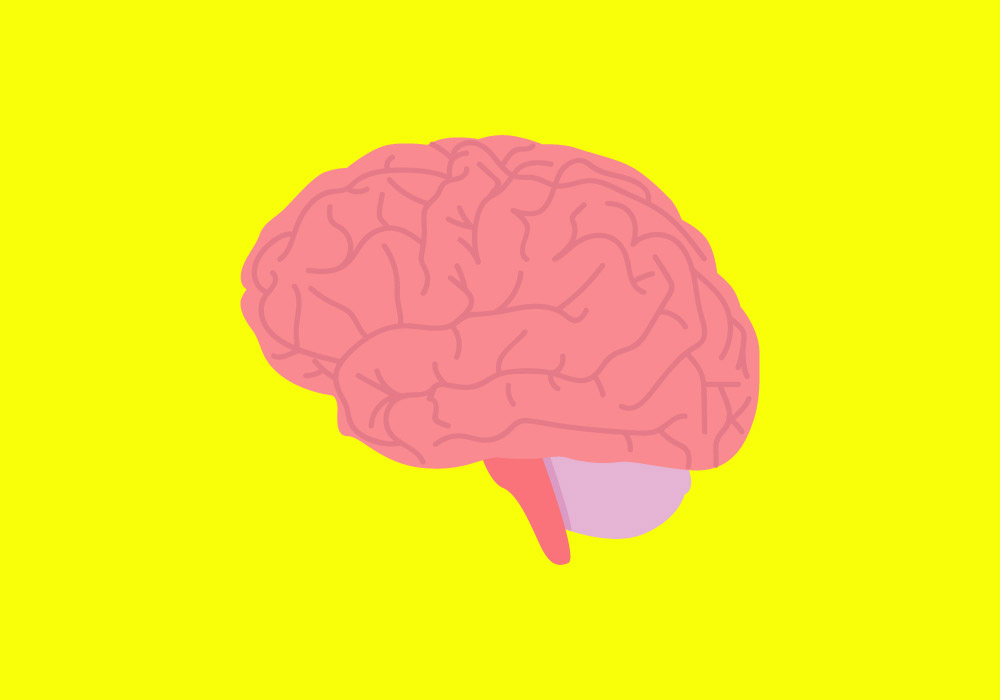
New research on people with arthritis suggests that the ability to withstand more pain may be an adaptive response. In a small new study, published Friday in the journal Pain, researchers used brain imaging on 17 people with arthritis and nine people without who served as controls. The researchers were trying to better understand the underlining reasons why there appears to be variability in pain tolerance, which could provide insights for people dealing with chronic pain.
The researchers looked specifically at the prevalence of receptors in the brain that respond to natural opiates like endorphins—feel-good chemicals in the brain often released during hard exercise, stress, orgasm and pain.
When the researchers used heat on the men and women’s skin to induce pain, they found that the more opioid receptors they had, the greater their ability to handle pain. These receptors were higher among the people with arthritis, which the researchers say suggests that this increase is an adaptive response, possibly to make it easier to deal with the chronic pain that comes with such a condition.
The researchers did not prove that arthritis pain increases the numbers of these receptors, but lead study author Christopher Brown, a senior research associate at the University of Cambridge, said in a statement that “although the mechanisms of these adaptive changes are unknown, if we can understand how we can enhance them, we may find ways of naturally increasing resilience to pain without the side effects associated with many pain-killing drugs.”
The study was small and more research is needed, but the finding suggests it may be worthwhile to look for future interventions that enhance natural defense mechanisms to pain.
More Must-Reads From TIME
- The 100 Most Influential People of 2024
- The Revolution of Yulia Navalnaya
- 6 Compliments That Land Every Time
- What's the Deal With the Bitcoin Halving?
- If You're Dating Right Now , You're Brave: Column
- The AI That Could Heal a Divided Internet
- Fallout Is a Brilliant Model for the Future of Video Game Adaptations
- Want Weekly Recs on What to Watch, Read, and More? Sign Up for Worth Your Time
Contact us at letters@time.com